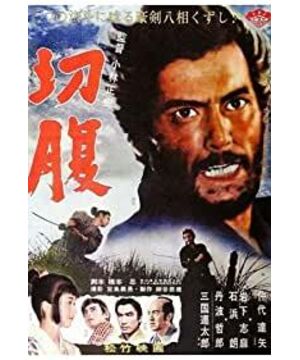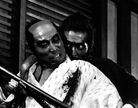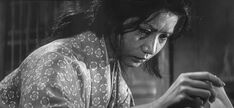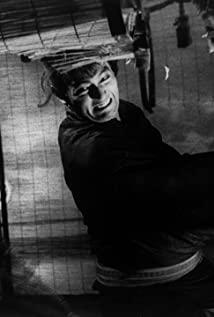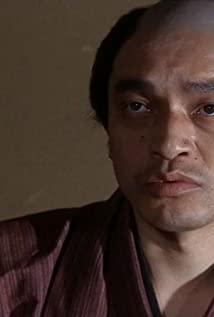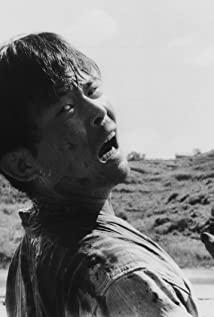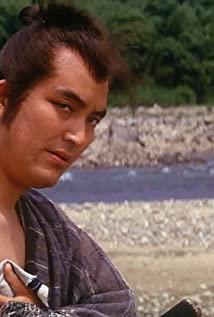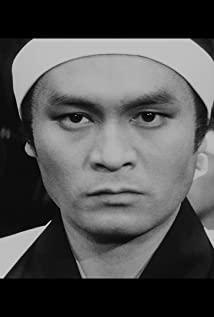A short review of "Cut the Belly".
"No matter how good a warrior is, he is also a person."
An extremely depressing film. The whole film revolves around cutting the belly - a cruel act that symbolizes the spirit of samurai martyrdom.
Under the high-pressure control of the shogunate, it was difficult for the bottom samurai to support their lives. The embarrassment of its class nature is that it cannot directly have labor opportunities like the lower civilian class, and it cannot be employed by upper-class families in the Taiping era. The education they received from childhood was that "ignorance of etiquette equals failure." To die for morality is more reflected in absolute obedience to superiors and abandonment of the id. When the harsh reality made these ronin become "superfluous people" in society, they began to doubt themselves.
Hanshiro has a line, "I never part from my sword, but my ignorance makes me hold on to that useless symbol".
He avenged his son-in-law and found that the so-called Bushido was nothing but a means used by the upper echelons to secure the loyalty of the swordsman to himself, and the so-called swordsman was nothing but a tool to be shackled.
Die by incision may be a drama staged for survival, or it may also be to be able to die with dignity and dignity. But the determination to die is tied to interests, and even ridiculed by others. The wrong itself can only find the answer in a deformed society.
View more about Hara-Kiri reviews


